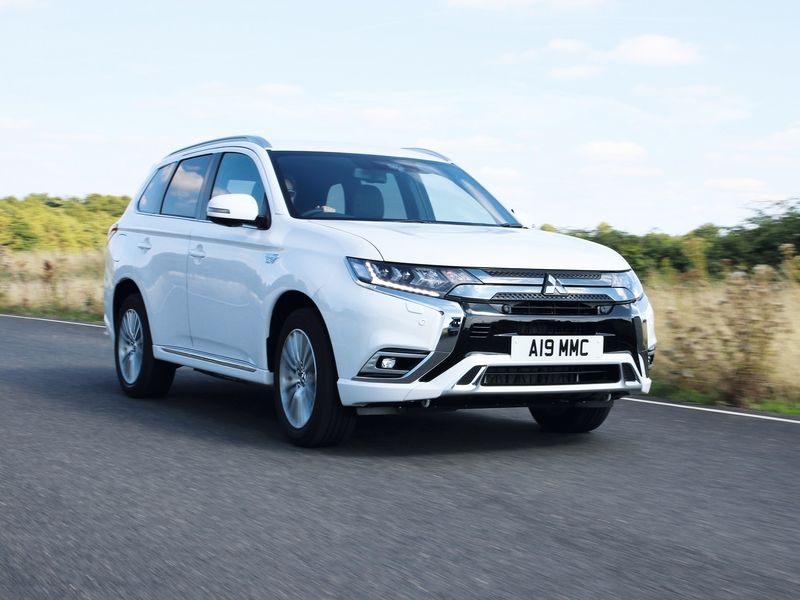
PARIS — Renault Group will build two new “sister models” for alliance partner Mitsubishi Motors starting in 2023, as the Japanese automaker reverses a decision to wind down operations in Europe.
A model mix of the newly launched Mitsubishi Eclipse Cross plug-in hybrid utility vehicle and the Renault-developed sister models will enable Mitsubishi to be more competitive in the market, the automakers said in a news release Wednesday.
Mitsubishi and Renault provided few details on the new models, except to say that they would be “based on the same platforms but with differentiations, reflecting the Mitsubishi brand’s DNA.”
They will be sold in “selected major European markets,” the automakers said. The UK will not be one of the target markets, a spokesman for Mitsubishi there said.
The vehicles will be versions of “best-sellers on the European market which already meet regulatory requirements,” the release added. Renault’s top two best-selling models in Europe are the Clio small hatchback and Captur small crossover, both of which were revamped on new platforms in the past 18 months.
Mitsubishi Motors CEO Takao Kato said the decision to source Renault-based models was an opportunity to win new buyers for the brand, but that it would not develop new models from scratch for Europe.
Mitsubishi has been implementing structural reforms in Europe and our decision remains “to freeze new car development for the European market, announced in July 2020 in our mid-term business plans,” Kato said in a statement.
The decision for Renault to build Mitsubishi models confirms reports that emerged earlier this year that Renault could become a production partner for the Japanese automaker.
Mitsubishi’s lineup in Europe now consists of the Mirage/Space Star minicar, midsize Outlander plug-in hybrid utility vehicle and the Eclipse Cross compact utility vehicle, which went on sale in 2017. A plug-in hybrid version of the Eclipse Cross was recently introduced.
The decision could also help new Renault CEO Luca de Meo increase utilization rates in French plants. The automaker put in place a cost-cutting plan last year to save more than 2 billion euros ($2.38 billion) and eliminate about 14,000 jobs, including more than 4,000 in France.
Renault has already announced that the Flins plant outside of Paris will be converted from vehicle production to recycling and other “circular economy” activities.
“This pragmatic, value-driven initiative will make a difference in our plants, in our partner’s footprint and on the European streets,” de Meo said in the release.
The move is in line with an alliance realignment strategy, in which Renault, Nissan and Mitsubishi take responsibility for specific segments and regions. In the “leader-follower” model, Renault will develop smaller vehicles to shared among the partners and takes the lead in Europe.
Mitsubishi sales in Europe, including the UK and non-EU countries, fell by 30 percent last year to 103,411 from 148,248, according to trade group ACEA.
The brand’s best seller is the Mirage/Space Star minicar, which sold 35,669 units in 2020, compared with 38,906 in 2019. Outlander sales were 33,664 last year, compared with 47,303 in 2019, and Eclipse Cross sales were 13,744, compared with 26,914 in 2019.
Mitsubishi started selling cars in Europe in 1975 and also built vehicles at the Nedcar facility in Born, in the Netherlands, from 1995 until 2012. Mitsubishi sold Nedcar to the VDL Group, a Dutch industrial company, in December 2012. The factory now makes the BMW X1, the Mini hatchback and Mini Countryman.